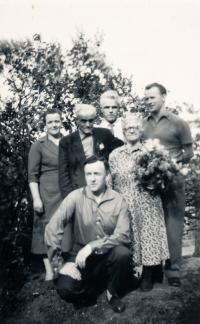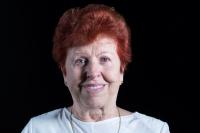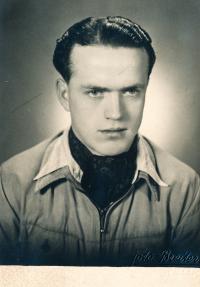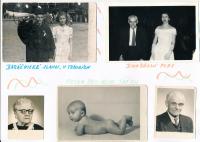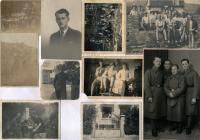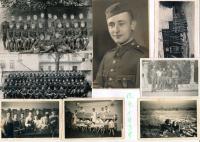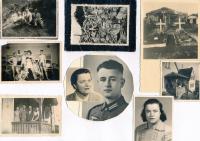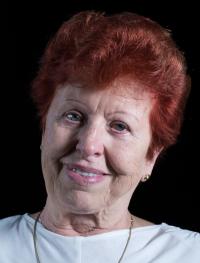We never hid in the shelter
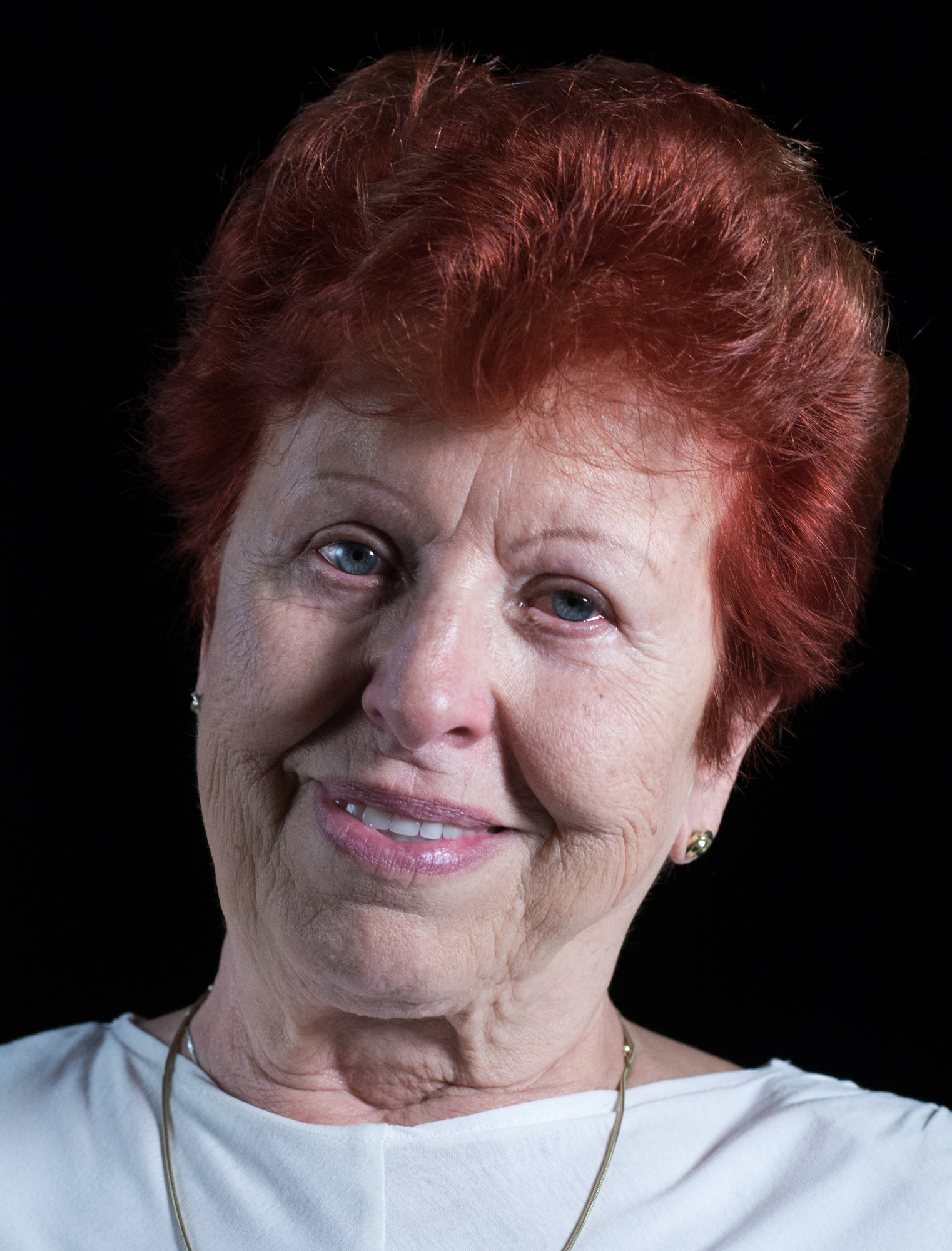
Download image
Monika Kubátová, née Kühnelová, was born on 18 February 1940 into a Czech-German family in Trmice. As a little child, she witnessed the bombing of Ústí nad Labem. Monika’s father was originally in the Czech army, but after Hitler’s occupation, he was drafted into the Wehrmacht and died at Smolensk in 1941. The other family members suffered a similarly tragic fate. Her father’s brothers also died during the war, one of her mother’s brothers ended up with the SS, and the second one died in a concentration camp. Little Monika was declared a German, but she attended a Czech school in Trmice. She then trained as a seamstress and began working as a dressmaker. She married in 1964 and gave birth to a son four years later. When he started primary school, she found a job as an after-school assistant. She retained the post for 17 years, but was dismissed after the Velvet Revolution and was employed at an advertising agency until her retirement at 65. She still helps as a volunteer assistant for disabled and deaf people.
